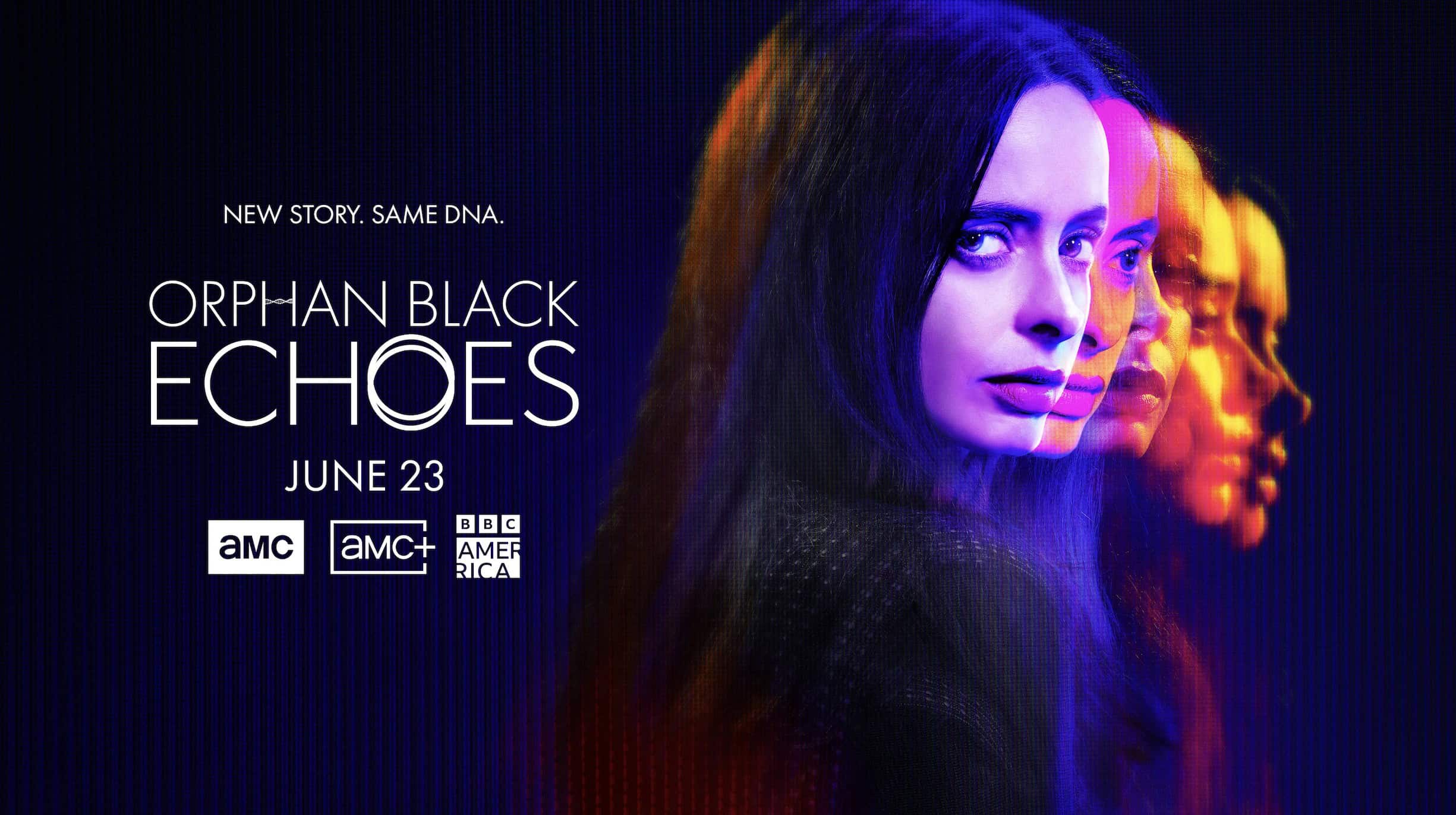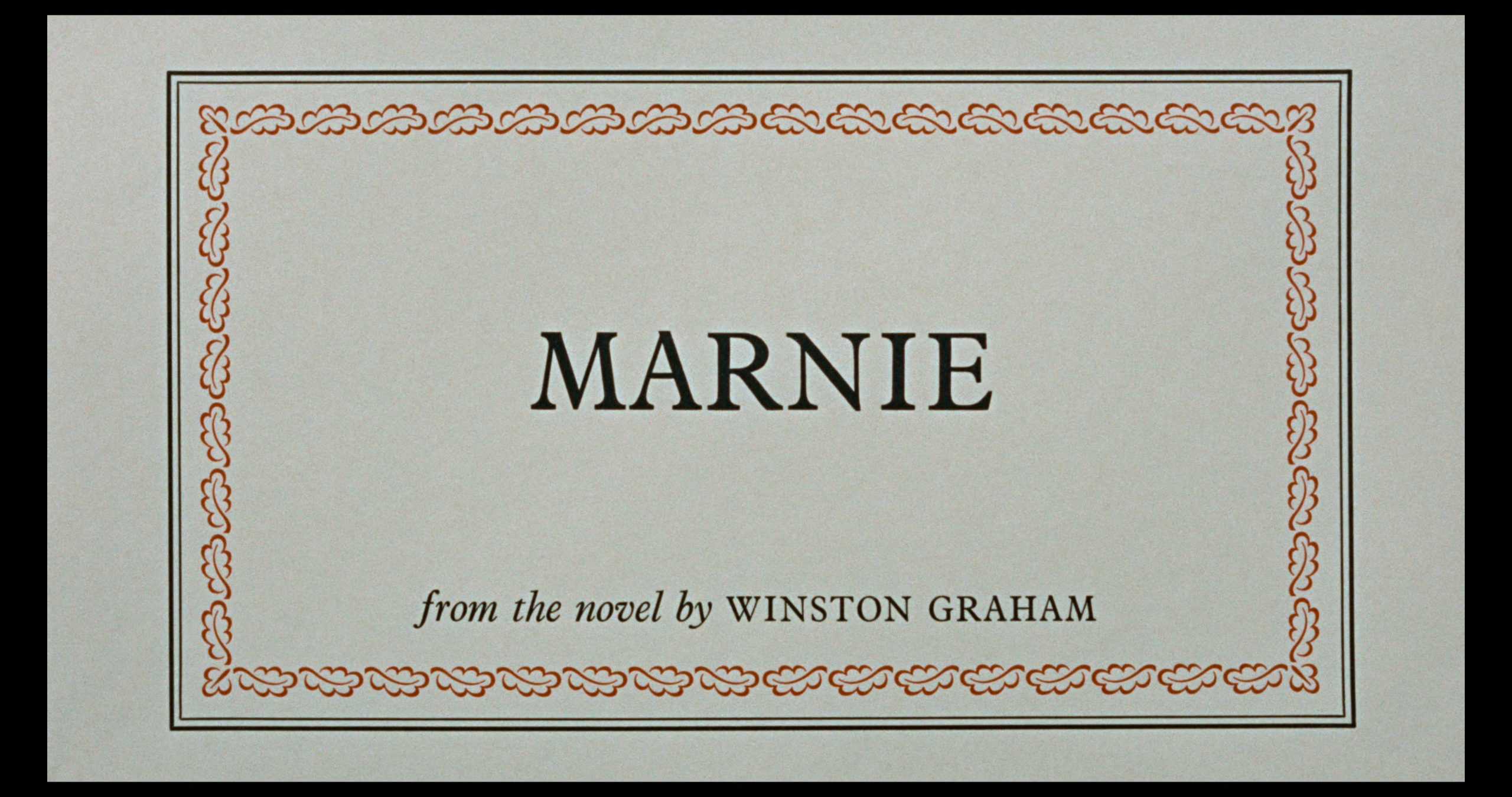“Just one, of a few; No family, too: Who am I?”
If you know that little line, you almost certainly are a card-carrying member of the Clone Club. Orphan Black premiered 11 years ago, and, though it’s been off the air since 2017, it’s still had a loyal following of fans all over the world — fans who can see themselves in the community of very different women (and one man) portrayed in the series by Tatiana Maslany, all incredibly different clones who have to navigate the seemingly-sinister conspiracy that created them, the genetic disease seemingly killing them off, and more queer relationships, suburban comedy, and H. G. Wells references than you’d expect from how it started. In particular, lesbians and bi and queer women took to the show that showed them as scientists, sisters, and badasses stamping down patriarchal control — and where redemption could be found through found family ties, even if genetics kept you apart.
The strength of that writing, the direction, those characters, and of the performances — Maslany being buoyed by an amazing supporting cast in Jordan Gavaris, Kevin Hanchard, Dylan Bruce, Evelyne Brochu, Maria Doyle Kennedy, Michael Mando, and Kristian Bruun, not to mention clone double Kathryn Alexandre, and a raft of incredible Canadian guest-cast — set Orphan Black as one of the best series of the 2010s; it probably remains, after Doctor Who, the flagship series of BBC America. It famously broke the Internet when Maslany, finally, won an Emmy for her work on the show in 2016.
There were tie-in comics during the original series run, and over the pandemic came a lovely audio continuation by Realm Media entitled Orphan Black: The Next Chapter, with the first season entirely played by Maslany and members of the original cast coming back for the second. But Orphan Black was absent from our television screens… until now! With a new head writer/creator — Anna Fishko — but some of the same familiar faces and team from the original series, Orphan Black returns to BBC America and AMC networks, with Orphan Black: Echoes.
What Orphan Black: Echoes IS… takes a little bit more time to lay out. So, let’s lay it out:
Our lead, Lucy (Krysten Ritter), wakes up in what looks like a living room, and is asked a bunch of rapid-fire questions from a kindly-seeming doctor (Keeley Hawes of Scoop, doing a tip-top Canadian accent). But Lucy can’t answer the questions — she can’t remember. Breaking out of the locked living area she’s in, she realises… it’s a set. In a warehouse. Next to a large cooler area with what looks like 3D-printed limbs, The kindly doctor finds her, and quickly tells Lucy that she is… an assemblage of that. A printed copy from a genetic original. (This isn’t majorly spoiling; it happens within the first five minutes.)
And the doctor lets her go, and Lucy flees… and we cut to two years later.
Where are we? WHEN are we? For a while, we’re a little behind Lucy, but sort of in the position she started out in, playing catch-up and learning about this new world. It’s 2052, someplace outside Boston (although shot in Ontario, and quite beautifully so) seemingly autumn. Lucy has a partner, Jack (Avan Jogia), who has a deaf daughter named Charlie; all three communicate in ASL, in what’s a really emotionally-true relationship drawn in relatively brief strokes by Fishko. I’m not entirely sure how much experience Ritter had prior with ASL, but she sells her performance of it remarkably well. She’s living in a trailer apart from their house, nominally a hired hand working the fields with other Latine farmers. She’s working on… something, technological, which she keeps to herself and which isn’t explained yet.
Then an accident happens, she goes to hospital — the very last place she wants to be — and all of a sudden, sinister forces sent by the people who made her and seemingly involved with the kindly doctor who let her go free, are pursuing her and the people she loves. But what are these flashbacks she’s having, to a bathroom and blood and a knife? And who is this young woman (Amanda Fix, from last year’s North of Normal) who looks just like her when she was a teenager, and who’s now crossed into her life? Has the same scarring as her; listens to the same music? In the very final moments, at least, we learn exactly how this ties in to the previous Orphan Black… with a very significant reveal. (I mentioned that Canadian accent for a reason, folks.)
This is a pilot, after all; unlike the previous series, we don’t yet have a title stemming from some scientific, military, or literary text, in some way (the first three seasons of the original run had episode titles stemming from Charles Darwin, Francis Bacon, and Dwight Eisenhower, respectively), and which would slowly lead the attentive viewer to significant segments of where the plot was heading. We’ve still got a lot of questions unanswered; we’ve had a lot of questions put to us, which is the purpose of a pilot, to get things going. I do genuinely want to see where things go, from here, because although the futuristic setting does present something of a steep learning curve for the viewer, it’s also, promisingly, not too different from current times — there’s still mobile phones, cars, annoying advertisements you can’t shut off.
Krysten Ritter isn’t Tatiana Maslany, but she doesn’t need to be; Lucy is similar to Sarah Manning, the main clone from the original series, in that she’s also a hard-bitten off-the-grid type, but she doesn’t have as solid a past — that’s what she needs to figure out. We get really compelling guest appearances from Reed Diamond and Tattiawna Jones (who’s worked with Maslany in the past), playing two hired goons trying to convince Keeley Hawes’s character to keep going after Lucy. Amanda Fix, in her brief scenes in the episode, does a remarkable job of just facial acting; you wouldn’t think someone looking at a gun pointed in the direction opposite them would be immediately compelling, but she makes it transfixing. Keeley Hawes gets to be the actress to take on a new accent, this go-around, and her resemblance to a character from the previous series signposts what the reveal at pilot’s end will be for those who have sharp eyes — and, for those who don’t, it’s still a welcome reveal.
Fishko’s script throws a lot of details at you — facts, technology, sensory details — the chirping of birds and the playing of David Bowie’s “Janine” come on once, and then hit you again with a wallop when they come back and mean something. And the director of John Fawcett — the co-creator of the original Orphan Black series, as well as a frequent director on it — is just as sharp and compelling, colourful and kinetic, as it was in the first series, and as it has been since Ginger Snaps over 20 years ago. It’s that feeling of familiarity in the midst of something unfamiliar — typified by a new theme song by Julien Baker, paired with the very welcome return of Trevor Yuile as series composer — that anchors you, and makes you want to find out more, just like Lucy does.
And what more is coming? Well, the preview for the rest of the season does give a hint, but I’d prefer not to spoil that, here; suffice to say, the Clone Club seems to’ve expanded, just a bit. With nine episodes left to go, grab on to your copy of The Island of Doctor Moreau, because… we’re about to take a trip, man.

